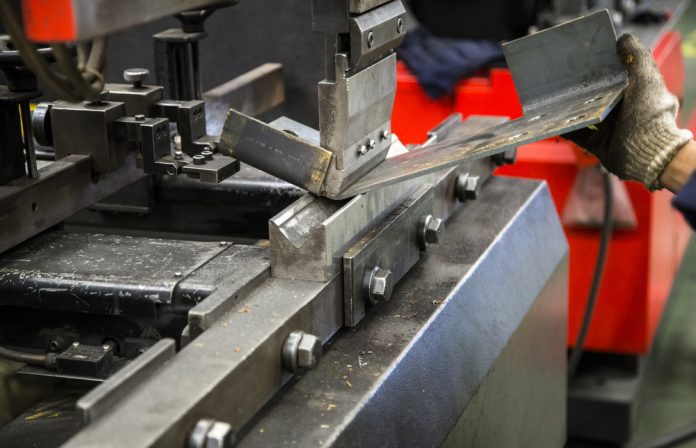Metal stamping uses different variants of alloys and metals, generating higher-performing parts with exceptional repeatability and accuracy. When selecting the metal stamping tooling materials for stamped regions, it is vital to consider the compatibilities with the process of metal stamping included under your application.
Various factors include flexibility, hardness, machinability, and tensile strength, influencing the metal’s ability to be shaped and formed accurately without losing or breaking its strength. In our guide, we will speak about the prime factor’s considerations during the selection process of materials, and a few of the best raw materials for the different metal stamped parts.
Factors to Consider
Whenever you are selecting the suitable material for metal stamping involves the most careful consideration across varied factors that include:
-
Application
One of the essential factors to consider is the ability of the material adequately support the application. For instance, stainless steel is often used for plumbing elements due to its temperature, durability, and corrosive resistance. At the same time, copper is preferred for connectors and electrical components as it offers more excellent electrical and thermal conductivities.
-
Cost
Along with the considerations made on appearance and performance, it is vital to ensure about the cost of the raw materials fits under the budget of your project.
-
Bend Rating
Custom metal stamping involves the formidability of the material with its capability to deform or bend without any fracturing or cracks. The scale for bend rating assigns different colors to varied metals, indicating the formidability levels, with green representing the highest levels of formability and red representing the lowest.
-
Finishing Options
The finishing varieties are applied to the stamped metal parts to improve the functional qualities involving temperature resistance, strength, and corrosion resistance. Finishing enhances the appearance of the stamped part, offering them more attractive and smoother exteriors.
-
Tensile Strength
The tensile strength measures the material’s ability to resist breaking while forces are applied. The selected material offers the required tensile strength, helping to withstand the mechanical stress it faces during use.
-
Weldability
Weldability of the material is considered whenever welding is required for the processing steps. Soldering the materials helps to lower weldability which requires advanced techniques and tools, negatively impacting your budget and timeline.
-
Machinability
Machinability explains the ease at which the material is cut using the machining tools. Stamped parts, it needs machine operations as it is vital to select machined materials without using expensive specialty tools.
-
Ductility and Formability
The formability and ductility of the material influences their abilities to manipulate them successfully into specific shapes. For instance, ductile materials are pulled into wires, and the other thinner or elongated forms without breaking down.
-
Production Capabilities & Capacity
As noted above, the manufacturing associations help you to select and can accommodate your part and requirements for production. They should have the capabilities and capacities for stamping and producing the best designs required for the specific standards and specifications required in terms of the volumes you need with a few qualities indicative of this type of company such as:
Comprehensive Standard Product Catalog: The sizable standard product showcase can help to save your time and money since you are less likely required to invest in custom tooling.
Extensive Industry Experience: The experienced team is highly efficient and effective at handling all types of challenges during this project.
Vast Material Sourcing Network: A massive sourcing network makes it significantly easier to resource the materials needed for this project.
Broad Flexibility: Partnering with the flexible stamping partner can accommodate the changes across the part designs, customer demand, and more. Additionally, the standard product capacities as they offer custom solutions for unique and particular requirements.
-
Industry Certifications
Along with the experience, the other indicator of the quality partner for stamping involves their certifications. These certifications indicate that the company is complying with the requirements and limitations laid by the industry.
-
Quality Standards
These metal stamping tooling certifications always target firms creating products or offering services for the aerospace industry. It generally indicates, among other things, that the company is implementing the proper measures to help prevent the production of faked or flawed parts, maintaining greater flexibility in the fluctuations in demand, and addressing safety concerns.
Final Thoughts
The deeper drawing processes are considered advanced metalworking as it is essential to work with experienced manufacturers for the accuracy and utmost precision of the finished parts. The in-house development team of toolmakers and engineers of the supplier is the vital liaison to the customers’ requirements.



